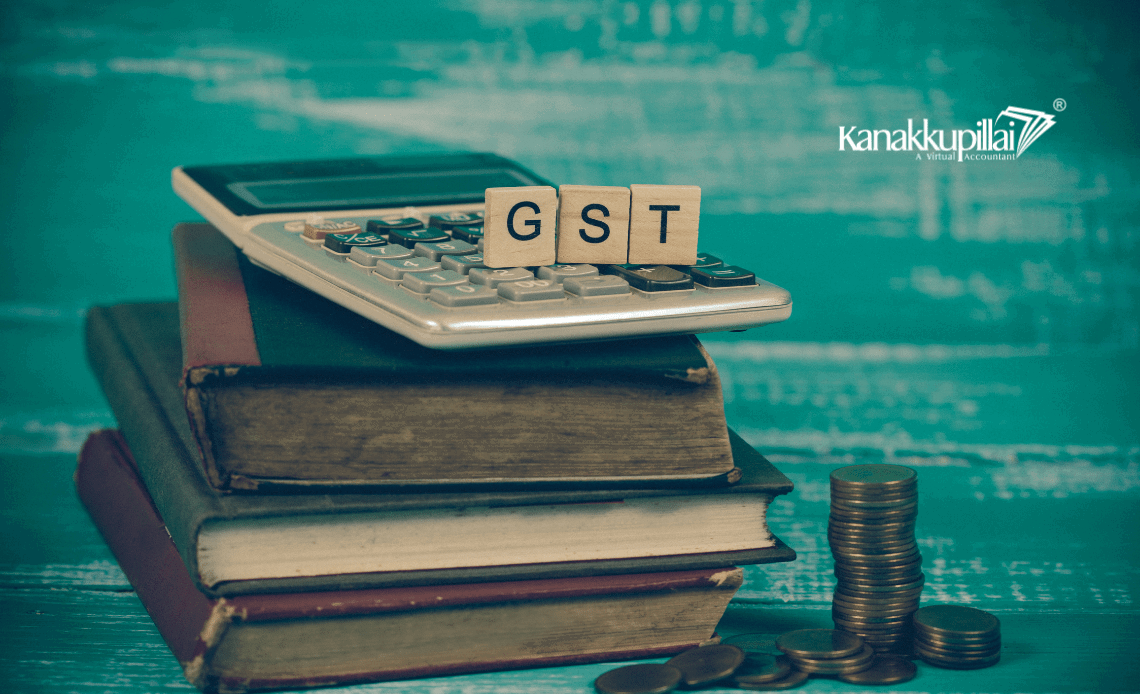For individuals and business owners in India, registration under the Goods and Services Tax Act (GST) is a legal requirement. Be it a small shop, freelance work, or even a consultancy, registering the business under GST increases its credibility and compliance. But, this process is essential and depends on the filing of the appropriate documents to obtain the GST registration. A lack of information or incompatible information will usually cause delays or rejections. This article outlines the documents required to register for GST as an individual and can help you prepare a complete, error-free application.
Importance of GST Registration for Individuals
With GST registration, individuals can legally collect tax, obtain input tax credits, and engage in B2B transactions. It also helps to build your business through trust with clients and suppliers. Registration is mandatory when your annual turnover increases above Rs. 20 lakhs for services and Rs. 40 lakhs for goods. Accordingly, understanding the documentation requirements when registering for GST compliance will definitely help to ease the registration process and approval.
Necessary Documents for GST Registration for Individuals
In order to complete the GST registration of individuals successfully, you will need to present a number of major documents that will prove your identity, address, and business evidence. The key categories include the following:
1. Identity and Address Proof
GST registration is PAN-based, and thus, the PAN of the person is compulsory. In addition, the Aadhaar Card is an identity and address card. Ensure that Aadhaar and PAN records match so the forms are not rejected during verification. One should also have a recent passport photograph to identify oneself.
2. Proof of Business Premises
To verify a business, you need to present acceptable documentation of the business address.
- If you are the owner, please provide the most recent electricity bill, property tax bill, or municipal receipt.
- When you have a rented premise, you need to include a rent agreement and a consent letter for GST registration, issued by the owner, as well as proof of ownership, such as an electricity bill.
- For shared or residential business addresses, a No Objection Certificate (NOC) and a consent letter from the property owner should also be provided.
These are the documents that attest to the legitimacy of your place of business and are essential for registering GST.
3. Bank Account Proof
All applicants for GST should give their bank account information. You can post a cancelled cheque, bank statement, or the first page of your passbook showing your account number, IFSC code, and name. These are the details that make your tax refunds or transactions go through the verified banking channels.
4. Registration of the Business and the Supporting Documents
In case your business is registered with any local or state authority, provide the business registration certificate or shop and establishment license. Business proof may include clients’ invoices, contracts, or site information for freelancers or service providers. In the case of small traders, an MSME or Udyam certificate can be added to your application to reinforce your application. These documents assist the GST department in verifying the authenticity of your business.
5. Additional Documents
- There may be situations when you should add some more supporting papers.
- If your business is at home, you can use a utility bill as evidence and a consent letter from the property owner.
- If the application for GST is made by an authorised agent, a Power of Attorney (Letters of Authorisation) is required.
Step-by-Step Process to Upload Documents for Individual GST Registration
- After bringing all the necessary documents, go to the official GST portal (www.gst.gov.in) and register an account using your PAN, mobile number, and email.
- Load all pertinent documents as scanned copies in PDF or JPEG format. Full Aadhaar-based e-verification to be done.
- Once GST officials have verified you, you will receive your GSTIN (Goods and Services Tax Identification Number) via email within 3-7 working days.
Common Errors to Avoid in GST Registration Documents
When one is filing the forms necessary to register for the GST, a simple slip can lead to delays. The following are some of the things to consider:
- PAN and Aadhaar must match
- Please make sure the scanned documents are clear enough, as they may be denied.
- Letters of consent or lease contract agreements should be signed and dated.
- Have new address proofs that are no more than 3 months old.
These errors can be avoided, making the GST registration process easier and faster.
Conclusion
The basis of a successful GST application is to submit valid documents to register for GST as an individual. Since we have your PAN and Aadhaar to verify your business, every document is crucial in determining whether your business is authentic. You will not have to make last-minute mistakes by preparing all the documents you need to make things quicker. You could be a freelancer, trader, or sole proprietor, but proper documentation is the first step towards creating a compliant and trustworthy business under the GST framework in India.
Frequently Asked Questions
1. What are the most important documents for GST registration?
PAN, Aadhaar, bank information, and an address document are necessary.
2. Does GST registration require any consent letter?
Yes, it is obligatory in the case that the premises are rented or shared.
3. How Long Does it take to get GST registration?
Normally, 3-7 working days following verification.
4. Are freelancers entitled to GST registration?
Yes, as evidenced by their invoices or client contracts.
5. What will occur when documents are misplaced?
Your application may be rejected or deferred till corrected.





